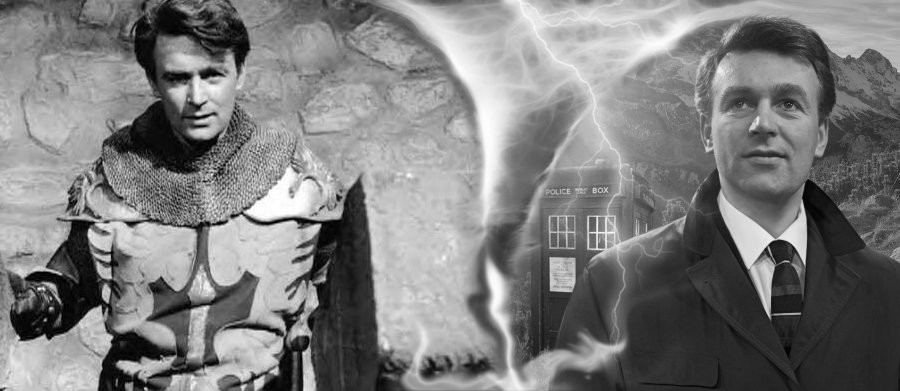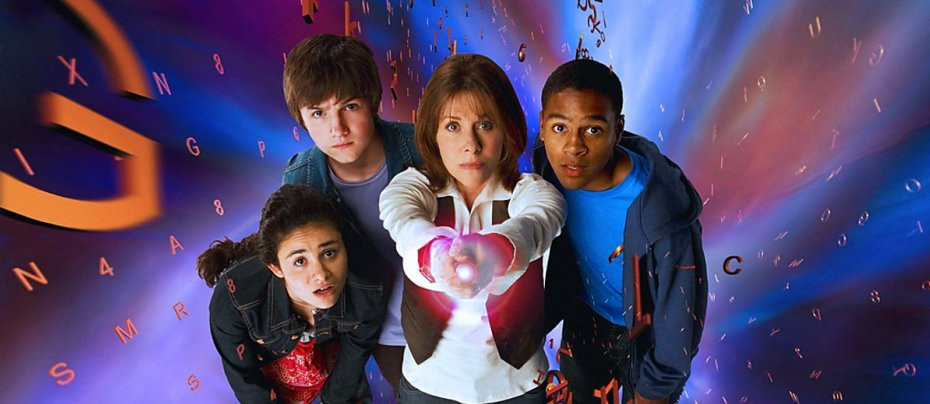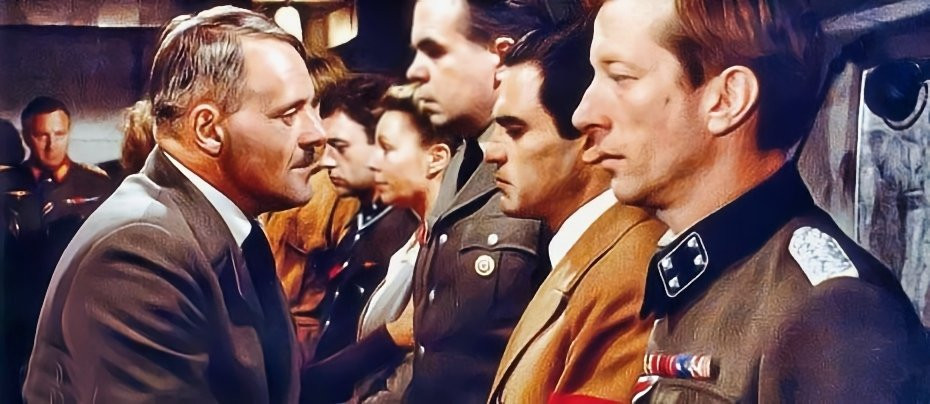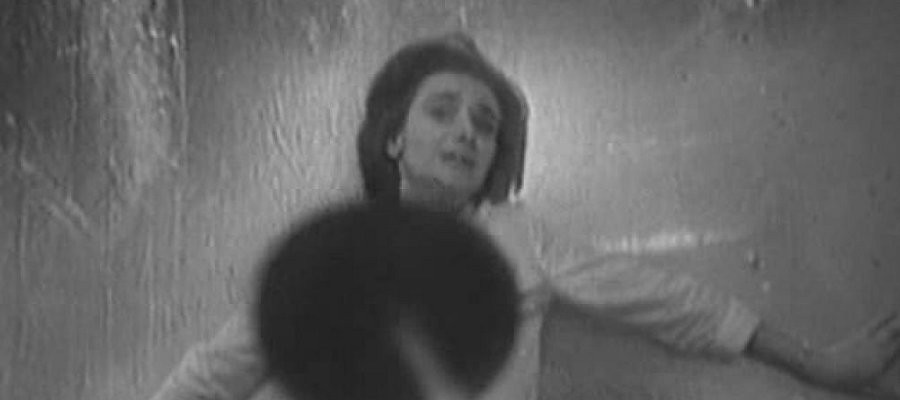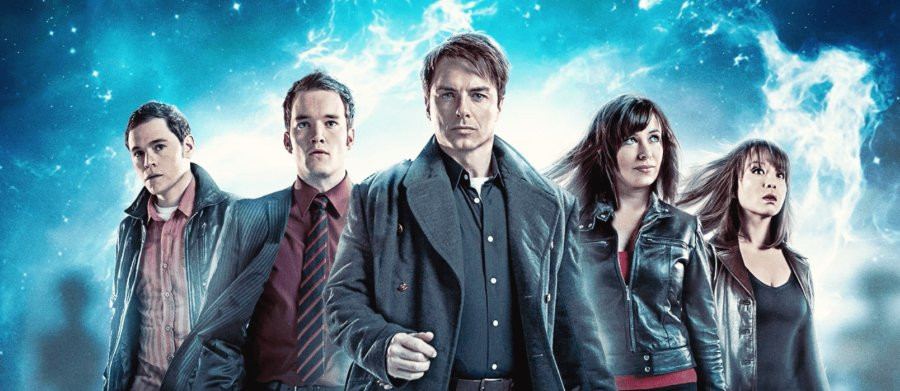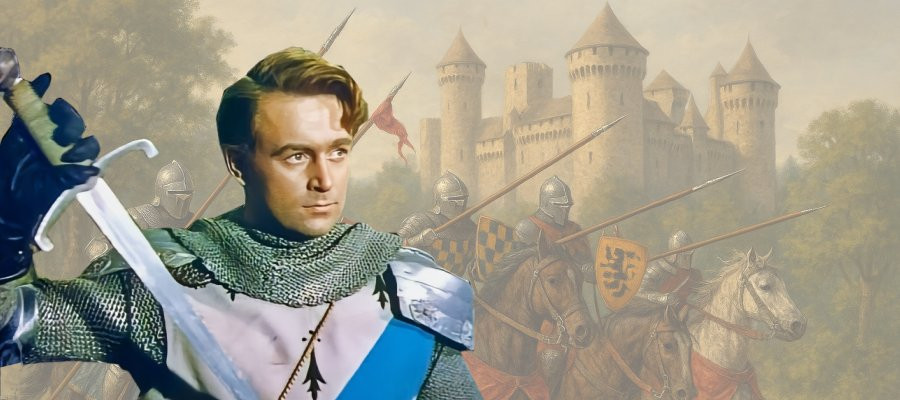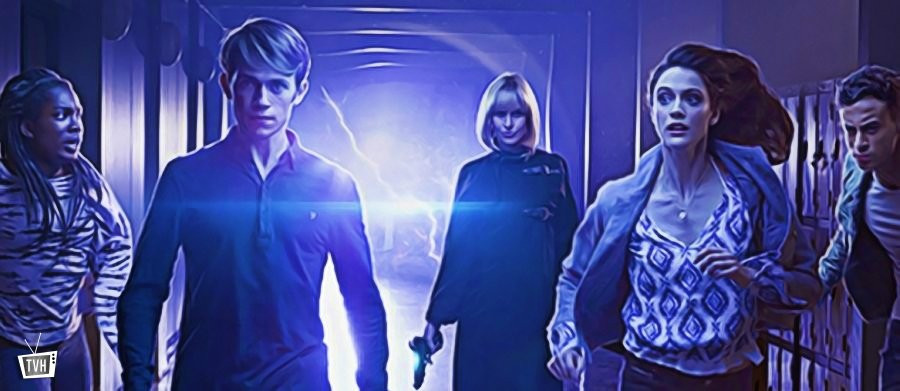The Web Planet
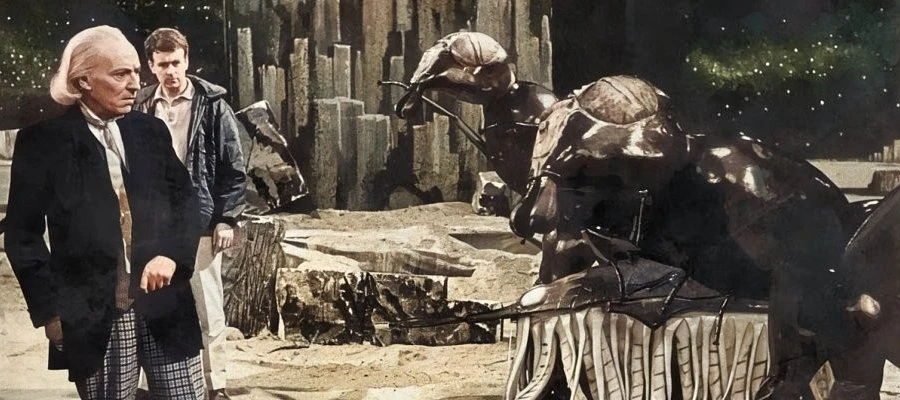
Review by DT
One thing you can never accuse early Doctor Who of is a lack of ambition. Undeterred by a limited budget, practical constraints or simple common sense, the production team of the first few seasons repeatedly created elaborate new worlds every few weeks, both historical and futuristic. No story has ever quite matched the foolhardy ambition of The Web Planet, a fabulous descent into madness on a world utterly unlike anything else seen on the programme.
While Doctor Who had given us a story in which all but the regular characters were aliens as early as the second serial (The Daleks), there were always human-like aliens who acted as easily identifiable and understandable characters. The Web Planet, however, takes us to the planet Vortis, a desolate world inhabited entirely by gigantic insects. The Doctor and his human companions are the only recognisable people in the story, the guest cast being enveloped in elaborate costumes designed to hide their human appearance as much as possible.
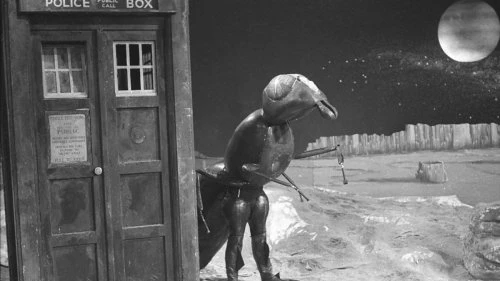
The main monsters of the story are the Zarbi, gigantic ants portrayed by unfortunate actors hunched over in costumes made from fibreglass shells. The BBC was hoping that the Zarbi would become the potential “new Daleks,” inspiring plenty of merchandise sales. (This had been attempted before and would be again, with only the Cybermen ever coming close to overtaking the Daleks as the top monster race.) In static shots they really don’t look so bad, but when they’re hopping around, charging at people or, in one memorable instance, crashing directly into the camera, they don’t really impress. They also have their own distinctive sound effect, which sounds like a particularly annoying electronic car alarm, straining the viewer’s patience quickly. They’re accompanied by shuffling, woodlouse-type creatures, seemingly their grubs, which fire little explosive charges from their noses. They’re oddly cute.
The actual people of this planet are more humanoid, but still not human-like. The Menoptra (or Menoptera, depending on your personal preference) are furry, stripy beings with long, diaphanous wings, bulbous eyes and antennae. It’s common for fans to describe them as butterfly people, but they’re really more reminiscent of bees or wasps (indeed, the name Menoptra is seemingly based on hymenoptera, the order that includes the social insects, including wasps, bees and ants). A number of unlucky actors were roped into playing the Menoptra, affecting high-pitched voices with a peculiar take on English words, leaping about on the instructions of their choreographer, Australian mime artist Roslyn de Winter, who was granted an entertaining credit for “insect movement.” Martin Jarvis, at the very beginning of a long and varied acting career, was cast as Hilio, a heroic rebel and central figure of the climactic episodes. It was only after he’d signed the contract that he found out about the bee costume.
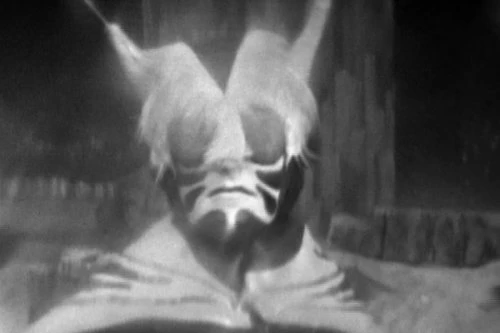
Later in the serial we also meet the Optera, wingless, burrowing cousins of the Menoptra who are distinctly less humanoid (Menoptra without the men, you see). There’s a genuinely interesting attempt at an alien viewpoint in the Optera’s dialogue, with descriptions of making holes in the walls so that the humans can more easily see as “making mouths that may speak more light.” It’s just unfortunate that it’s a little lost among the grunting voices used by the actors in their grub costumes.
While the Menoptra and Optera are clearly intelligent and given actual characters, the Zarbi are little more than animals, harmless until they came under the control of a mysterious alien force called the Animus. Quite what this being is or where it came from is unclear, which only makes it more unnerving. To begin with it manifests only as an unexplained force, pulling the TARDIS to Vortis and grounding it. It then displays a curious affinity for gold, pinching Ian’s fancy pen out of his hand and controlling Barbara through the gold bracelet she wears (a gift from the lecherous Nero in the previous serial – The Romans). It goes on to steal the TARDIS itself, dragging it across the planet’s surface to its core, a seemingly organic structure it has built for itself. When the Zarbi capture the travellers, the Animus speaks to them through the weirdly seductive voice of Catherine Fleming.
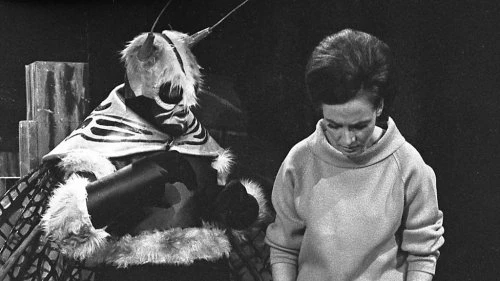
The regulars are a mixed bunch in this serial. Neither Jacqueline Hill nor William Russell seem committed, running on autopilot through the more trying parts of the story, clearly starting to feel like they’ve had enough of this sort of nonsense. Russell reportedly decided to quit the series during the filming of this serial. Maureen O’Brien gives it her all as Vicki, and is easily the most entertaining presence in the serial. William Hartnell is downright peculiar for much of it, giggling at anything and everything he encounters on the planet (well, the Doctor did say the atmosphere was thin. Maybe he has altitude sickness.) He becomes far more serious when the TARDIS is stolen and toughens up when he’s face-to-tendril with the Animus, but it’s far from his finest performance in the role. There’s an intriguing aspect to the Doctor’s character here, though. When the TARDIS is first incapacitated, he uses the jewelled ring that he habitually wears to open the doors, later using it to control one of the Zarbi. He would occasionally use this ring in future serials, its vague, seemingly mystical powers making it a Get Out of Jail Free card years before the sonic screwdriver was introduced.
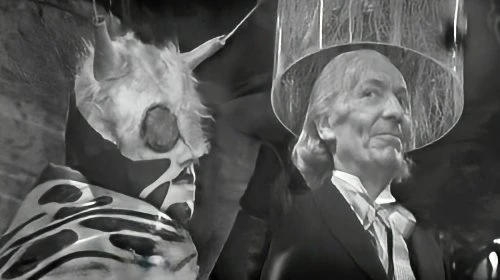
The Web Planet was the only successful contribution to Doctor Who by Australian writer Bill Strutton, who otherwise mostly wrote military fiction, scripts for spy and detective shows such as The Protectors, Top Secret and The Saint, and historical adventure serials including Ivanhoe and Adventures of the Seaspray. Strutton was keen to write for Doctor Who but had no experience writing science fiction. He took his inspiration from a childhood memory of seeing bull ants fighting in an empty petrol can, as well as a much more recent time watching his two sons scrapping. His wife came up with the name Zarbi; where she got the idea isn’t known, but it’s suspiciously similar to “Zanti,” the name of similarly ant-like aliens seen in The Outer Limits around a year earlier.
Script editor David Whitaker was keen on Strutton’s initial story idea, but by the time the scripts were delivered, Dennis Spooner had taken over the position and wasn’t as convinced and made numerous dialogue changes. Direction duties were given to Richard Martin, who had directed part of the The Daleks and the whole of The Dalek Invasion of Earth and had already been earmarked for the upcoming third Dalek serial, The Chase. With the Zarbi allegedly ready to be the new Daleks, appointing the chief Dalek director made sense, and Martin was reportedly keen to do something genuinely unusual on the programme. However, when he looked at the scripts, he realised that the visual elements of the serial would be next to impossible to produce on the budget he had. Indeed, he got into trouble with producer Verity Lambert when he went wildly over-budget. He saved money when his original plan for specialised camera lenses to lend an otherworldly feel to Vortis proved too expensive, so supposedly just smeared the existing lenses with Vaseline. Some claim this is a myth and that cheaper specialist lenses were sourced; either way, the digital restoration team who prepared the serial for its DVD release assumed this was due to poor preservation of the film and cleaned the effect up, only to have to go back and put it in again.
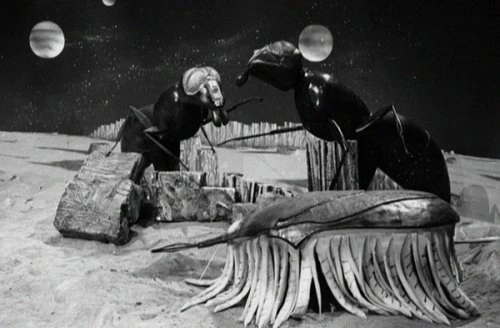
The overall result is a truly strange experience, a story infused with an odd, dreamlike quality that feels more like the esoteric science fiction of Fantastic Planet or Nausicaa than the usual Doctor Who fare, although not nearly as good. The Web Planet is a deeply weird production, filled with unique visuals and ideas, but with a straightforward story at its heart. It outstays its welcome at six episodes long, yet the serial maintained astonishingly high viewership figures over its run. Contemporary audiences and critics gave it a mixed reaction, and the modern view is largely one of respectful bafflement. It’s a genuinely unique story within Doctor Who’s history, and the programme would never try anything quite this boldly different ever again. This might be a good thing, but the series is richer for having The Web Planet in its run.


